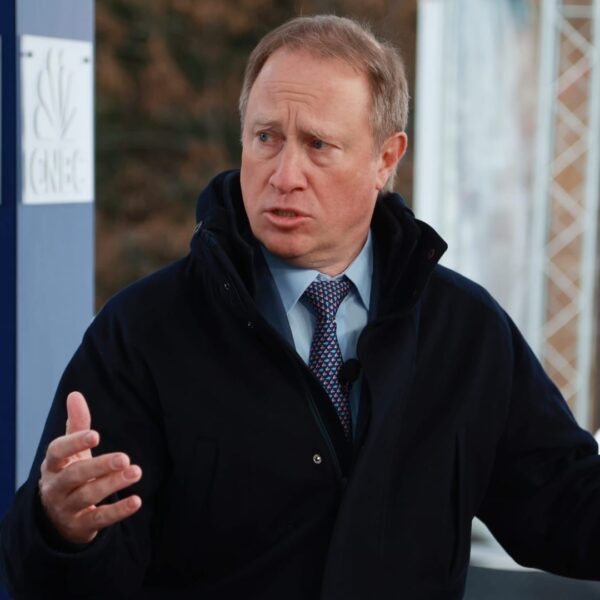

Despite their close political ties, President-elect Donald Trump and X owner Elon Musk, are in a business sense, competitors.
Trump is the majority shareholder of the Trump Media & Technology Group, which is the parent company of the upstart Truth Social platform. Musk owns X, formerly known as Twitter, which is the dominant player in the microblogging space. The two men, whose businesses compete for users’ time, advertisers’ dollars, and dominance of the cultural conversation, have not let their burgeoning tech holdings interfere with their political union.
Both Truth Social and X have pitched themselves as free speech havens that allow all manner of expression, including, and perhaps especially, views considered to be politically incorrect.
“X’s content has moved closer to Truth Social, since Musk took over,” said Erik Nisbet, director of the Center for Communication and Public Policy at Northwestern University. “His philosophy of free speech is much closer to that of Truth Social.”
Critical to that effort are lax content moderation standards—a feature, not a bug—on both platforms.
Truth Social and X both heavily promote themselves as “free speech” platforms that cater to conservative audiences. However, there is a difference in the extent to which they do moderate content. X, while loosening its guidelines, still has robust content moderation, largely because it is dependent on blue-chip corporate advertisers and media partners for on-platform revenue. In the first half of this year, X suspended roughly 5.3 million accounts for violating various content moderation policies, the company said in a September report.
Truth Social, which has virtually no advertising business, is not bound by the same imperative to cater to its customers’ needs. Truth Social is an “alt-tech” site, a term for “platforms that basically purposefully state they will engage in limited content moderation,” Nisbet said.
There is also a stark difference between the size of each platform. X is a global brand with users from every corner of the world. Truth Social, on the other hand, is a regional player in the U.S. that mostly caters to Trump’s most ardent supporters, meaning it has a fraction of X’s users. In September Truth Social had 698,000 active monthly users on its mobile apps, while X had 70.4 million, according to data from Similarweb. The difference in overall online traffic is even more stark. In September X had 1 billion web visits across desktop and mobile compared to just 11.3 million for Truth Social, according to the same source.
Both Truth Social and X serve a critical role in their audiences’ media diets as a place where they regularly get their news. Fifty-seven percent of Truth Social users “regularly” get their news from the platform, according to data from Pew Research. On X the number is only slightly higher with 59% of users saying the same, Pew’s research found.
The emergence of Truth Social is in keeping with a broader trend in the social media industry that’s seen a proliferation of new platforms. Where the space was once dominated by X (then known as Twitter), Instagram, and Facebook, it’s now become crowded with smaller specialist players like Mastodon, BlueSky, Telegram, and Discord, as well as new entrants from tech juggernauts—Meta’s Threads and Bytedance’s TikTok. There’s more of a “niche social media ecology,” Nisbet said.
The close relationship between Trump and Musk and the similarity in their businesses has led to speculation from the Financial Times and veteran tech journalist and CNN contributor Kara Swisher that Truth Social and X could merge in the future. If such a deal were to go through it would “make business sense for Trump not for X,” Nisbet said.
With its marginal user count and virtually non-existent revenue, Truth Social would seem to have little impact on X’s overall business. Truth Social has $2.6 million in revenue through the third quarter. X, despite struggling since Musk bought the platform in October 2022, still dwarfs Truth Social with an estimated $2 billion in ad revenue.
Oddly, Truth Social had a higher valuation than X earlier this year, when its stock price—and thus its market cap—shot up.
Any possible deal could still net Trump a windfall given his stake is worth around $3.3 billion. “It makes sense for Trump as an exit strategy to cash out his equity,” Nisbet said. “ He needs someone to buy him out.”
Truth Social’s narrow audience means any mainstream crossover its content has is still limited to the posts of its most famous user (and largest shareholder). “More people get exposed to Truth Social content by the news media reporting on Trump’s latest diatribe than visit the platform,” Nisbet said.















